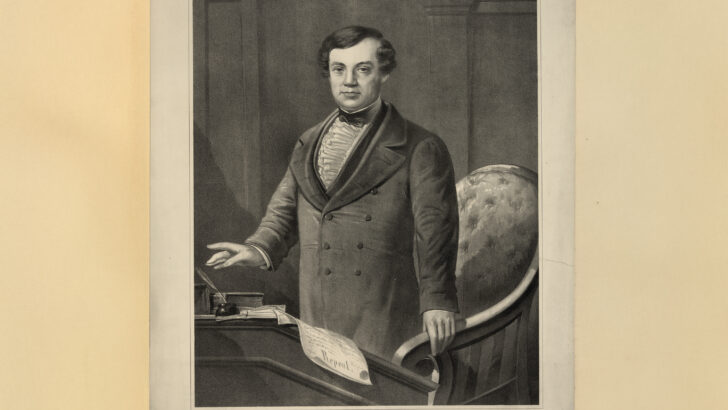Academics have highlighted Catholic emancipation as a “landmark civil rights achievement” and regardless of Government sponsorship it should be marked significantly in 2029.
The bicentenary of the historic 1829 milestone did not appear in the ‘Commemoration’ section of the programme for government which listed several events the new Government “could mark” in their 5-year term. While it is implied that Catholic emancipation will be addressed as part of a 250th anniversary commemoration of the birth of Daniel O’Connell this year, Prof. Emeritus of History in UCD Maurice Bric told The Irish Catholic that he hoped a State commemoration of Catholic Emancipation would occur in 2029 as it is “such an important event in Irish history for a number of reasons, the main reason being it marks the repeal of the penal laws”.
Prof. Bric said that in addition Catholic emancipation is not “just a chapter in the history of Irish Catholicism, it’s part of the wider history of civil rights”.
“It meant that anybody, whether you were a Catholic, Protestant, dissenter, you could sit in the House of Lords or the House of Commons – the religious test for sitting in parliament was taken out… The civil rights of anybody in Ireland, or England for that matter, were not encumbered by what their private beliefs were,” he said.
This occurred in a context were there was “a perception at that time that if you were Catholic, you were under the control, or influence, of your priest… The anti-Catholic movement in England at that time was quite significant. It [Catholic emancipation] meant that Catholics were no longer second-class citizens, they were in a position to enjoy their civil rights to the fullest extent, and that is quite important”.
Prof. Bric, who is the Director of the Daniel O’Connell Summer School, hailed the mention of marking the 250th anniversary of the birth of Daniel O’Connell. This was echoed by fellow historian Prof. Patrick Geoghegan of the Department of History in Trinity College Dublin who said: “It is wonderful to see Daniel O’Connell mentioned in the programme for government and to see his significance and legacy recognised. The document mentions the 250th anniversary of his birth and I think it’s there to acknowledge that we are approaching the bicentenary of the some of his most significant achievements – winning the Clare by-election in 1828, the passing of Catholic emancipation in 1829, and O’Connell finally taking his seat in 1830.”
Specifically regarding Catholic emancipation, he said it was “a landmark civil rights achievement, and I am absolutely certain it will be commemorated in a significant way in 2029. A crucial part of this commemoration will involve educating, informing people and reminding people about its true meaning and significance”.
He added that the programme for government’s “recognition of the need for an educational schools’ pack on O’Connell’s life, contributions, and legacy is a vital step in ensuring his story is shared with future generations”.
Historian Prof. James Kelly of Dublin City University said that he does “not think the failure, specifically, to mention Catholic emancipation is an issue” in the programme for government, and that a specific mention could not be expected.
“It can, and will be accommodated by the mention of Daniel O’Connell, which will embrace emancipation, the Clare election, perhaps even the 1826 general election. I do not think one could expect each of these events to be mentioned specifically,” he said.


 Chai Brady
Chai Brady Daniel O'Connell
Daniel O'Connell 